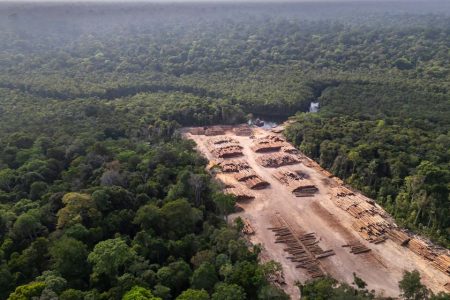Nearly half of Angola’s 1,630 oil wells are closed due to mechanical failures, technical problems or depletion of reserves, the National Oil, Gas and Biofuels Agency (known by its Portuguese abbreviation ANPG) announced on Monday.
Ana Miala, executive administrator of ANPG, explained that while some wells will be abandoned due to exhausted reserves, others will be reopened when the opportunity arises. Of the 760 closed wells, 690 are offshore.
When questioned about the use of funds intended for the decommissioning of wells that have reached the end of their productive life, Miala said the funds are only available when a well has “a definitive abandonment plan approved by the state.” Those plans can only be submitted when the concession is to be closed – and none have been formally closed yet. “[There] is a need to reduce the number of temporarily closed wells and close them definitively,” she conceded.
[See more: CNOOC to discuss oil exploration in Angola]
Abandonment funds are deposited by operators to ensure that old wells do not become a threat to the environment, as improperly decommissioned wells are at serious risk of leaks and spills. ANPG President Paulo Jerónimo said that such funds currently total US$5.5 billion in guarantee accounts and around US$800 million in securities.
Although Angola has awarded 32 oil concessions since 2019, Miala believes “there is a lot of work to be done” to improve the attractiveness of the country’s oil sector. She cited an incremental production approach, like the one recently signed with ExxonMobil, which incentivises investors to produce additional volumes from concessions currently in operation. The 2023 to 2027 strategic plan for ANPG includes several goals, from the stabilisation of oil production to above a million barrels of oil per day to regulatory framework to accelerate the licensing of pre-salt blocks – an area that has enabled Brazil to significantly increase its own oil production.






